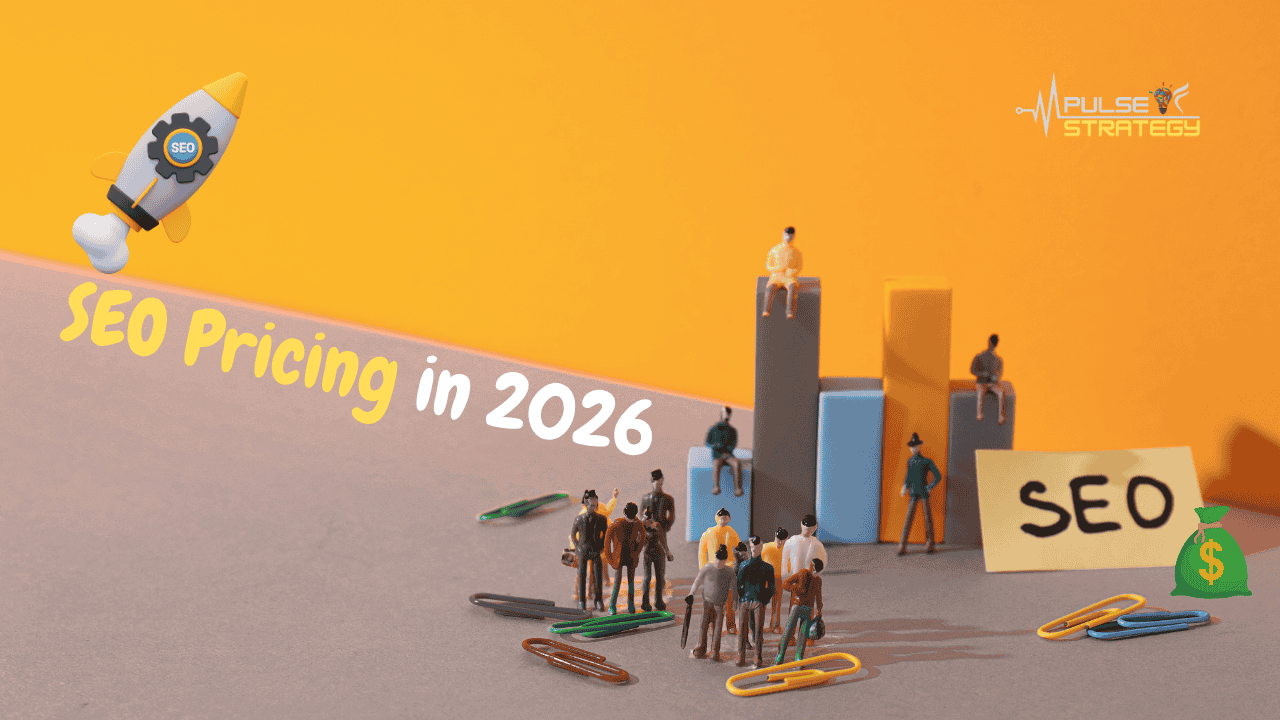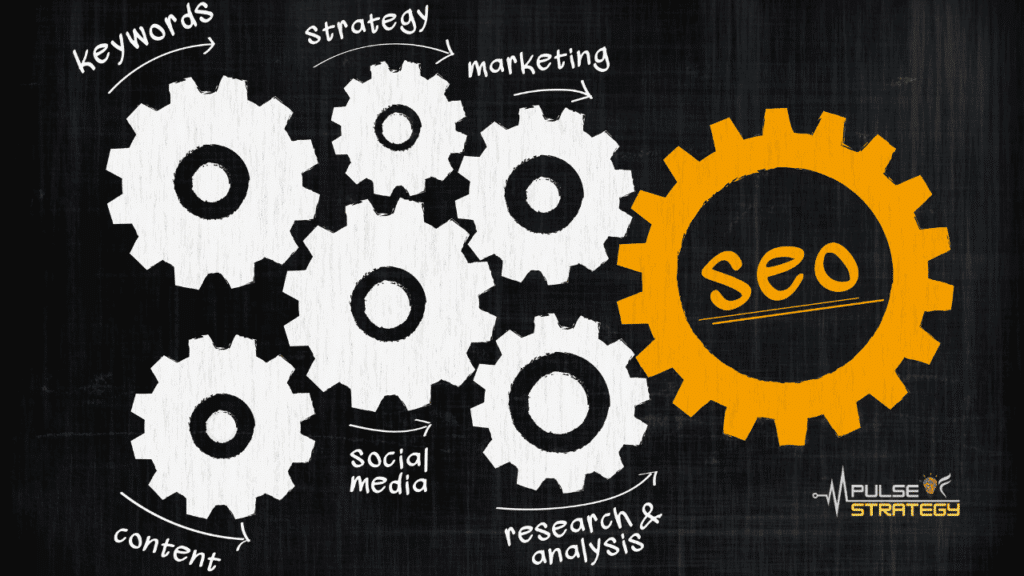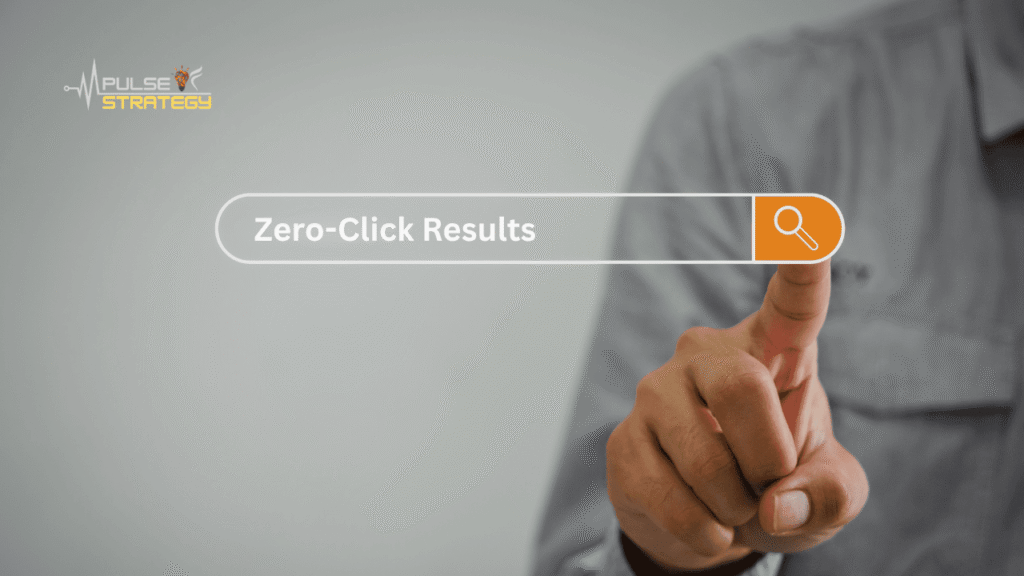
The rules of SEO are changing, and so is the cost of staying competitive. As AI-powered search engines, complex algorithms, and multi-platform strategies take center stage, SEO pricing is climbing. Ranking today is not just about keywords and backlinks. It is about being visible in AI overviews, dominating zero-click searches, and creating authoritative content. We spoke with top SEO professionals to uncover the real reasons prices are shifting in 2026.
To see where SEO pricing is headed, we turned to industry professionals who are already adjusting to the new search environment. We analyzed case studies, industry reports, and expert opinions to identify what’s working best in SEO right now. Here are 12 actionable ideas to guide your strategy.
1. Rising Costs of Quality Backlinks
Links are becoming increasingly expensive to acquire.
This is the current reality. As more businesses prioritize SEO, the competition for quality backlinks has intensified. Publishers and site owners are aware of this trend and are charging higher prices.
What previously cost $50 now easily commands $150 or more. If you’re targeting niche-relevant and high-authority placements, you’re often looking at $300 to $500 per link. This is without any traffic guarantees.
For clients, this means SEO budgets in 2026 need to cover more than just content and audits. Link building has now become a serious investment. For agencies, it’s crucial to educate clients about the true cost of building authority online.
Content is also becoming more visual and video-driven.
People no longer want to read walls of text. They prefer motion graphics, short videos, carousels, and interactive formats. This shift means content creation is more expensive and takes more time to produce properly.
Writers now collaborate with designers, video editors, and social strategists. This collaborative approach increases costs but also improves engagement, rankings, and shareability. If your SEO strategy in 2026 doesn’t include visual storytelling, you’re falling behind.
Links and content are both evolving. Both cost more now, and both require more strategic thinking. SEO in 2026 is not just about ranking, it’s about earning attention and maintaining it.
Peter Ngo, CEO, Sydney SEO Company
2. Multi-Platform Optimization Increases SEO Complexity

Alright, folks, let’s talk about what’s coming down the pipeline for SEO in 2026. If you’re in the game, or thinking about jumping in, there’s one big thing you need to wrap your head around: AI-powered search engines. Platforms like ChatGPT with Search + Browse, Gemini, Perplexity, and DeepSeek are changing the rules of the game. And trust me, they’re not just a passing trend.
For those of you working on national or international SEO, here’s the deal: getting your content featured in Google’s AI Overviews is going to be just as important, if not more, than your traditional rankings. This means you’ll need to double down on tools like All in One SEO and Yoast SEO to nail things like schema markup, structured data, and AI-optimized content. And let’s not forget, creating content that is not just good but authoritative will be the key to landing those coveted AI summaries. It is a whole new layer of strategy, and yes, it is going to take some testing and tweaking.
Now, here is where it gets tricky. Tracking performance is not just about Google anymore. You’ll need to keep tabs on how you are doing across multiple AI platforms such as ChatGPT, Perplexity, and the rest of the gang. And these tools are not always free or easy to integrate. That is going to add some complexity and cost to the mix.
For my local SEO folks, don’t think you’re off the hook. Sure, the basics like local citations, NAP consistency, and Google Map rankings are still critical. But now, you’ve got to think about how local businesses show up in AI-generated results. That means keeping your data accurate across all platforms and making sure your content screams local relevance. Oh, and don’t underestimate the power of user reviews, they’re going to matter more than ever.
If you are managing multiple clients, here is a heads-up: the overhead is going to pile up unless you invest in centralized dashboards and reporting systems. Monthly reports, multi-platform ranking checks, and AI content audits are all going to eat up time and resources. Without automation, you are looking at higher labor costs and a lot of inefficiency.
So, what is the bottom line? AI is here to stay, and it is going to make SEO more complex and more expensive. If you want to remain competitive, scalable tools and automation are not just nice to have, they are essential. Buckle up, because 2026 is going to be a wild ride.
Roger Smith, Digital Marketing Manager, DAXRM
Related read: Top 6 Benefits of Multilingual Content Marketing for Global Success
3. Content Audits Become Increasingly Complex

We believe one of the most underrated factors that will impact SEO pricing in 2026 is content audit complexity. Consider it akin to renovating a house; you’re not just repainting walls, you’re rewiring what’s behind them. More clients are approaching us with years of legacy content that’s harming their rankings due to cannibalization, outdated schema, or thin pages created for past algorithm trends.
We’ve witnessed this firsthand with a manufacturing client who had over 1,000 blog posts, half of which were redundant or ranking for the wrong terms. Our team implemented a Ranking Weight Assessment, scoring each URL based on performance decay and semantic overlap.
We consolidated and pruned 40% of their content, leading to a 25+% boost in organic traffic within three months. However, the real lift came from the client’s understanding that smart SEO today isn’t about publishing more; it’s about managing your digital ecosystem.
Consequently, SEO pricing models are shifting from “How much content can we create?” to “How well can we clean and align what already exists?” This cleanup requires more strategy, more technical skill, and, indeed, a larger budget for getting it right the first time.
Jock Breitwieser, Digital Marketing Strategist, SocialSellinator
4. LLM Integration Reshapes SEO Service Offerings
The integration of LLM/AEO/GEO search strategy in SEO service offerings will be a key change to SEO pricing in 2026 and the years to follow.
While only around 1% of searches today use LLMs (ChatGPT, Gemini, Bard, etc.), as the adoption of these tools grows, companies will want SEOs to be able to adapt as well. They’ll want to show up on Google AND LLMs, and have it all done by SEO teams.
If an SEO agency can’t offer services that meet the need to show up in search, plus show up on LLMs (and AI overviews), then they’ll fall behind. Pricing for these evolving SEO services will likely increase since LLM visibility requires more than traditional SEO, such as deeper brand positioning and Digital PR expertise, rather than just the traditional SEO best practices. Still, it will also require an in-depth knowledge of brand positioning and some elements of brand visibility/user behavior, maybe even Digital PR.
Beth Chernes, SEO & Digital Marketing Consultant, Beth Chernes & Co.
5. AI Automation Elevates Strategic Expertise Value
One factor I believe will significantly impact SEO pricing in 2026 is the increasing reliance on AI-powered tools and automation.
As an SEO Specialist, I’ve seen how AI can streamline tasks like keyword research, content optimization, and technical audits, which may reduce the time required for certain deliverables.
However, the demand for strategic expertise, human creativity, and ethical implementation is rising in parallel. This shift means pricing will likely reflect the value of expert oversight and personalized strategy, rather than just time spent on manual tasks.
Agencies and freelancers offering more profound insights and measurable outcomes will command higher rates.
Dewi Saklina, SEO Specialist, Explainerd
6. Zero-Click Results Demand Specialized Skills

One major factor that will influence SEO pricing in 2026 is the growing dominance of zero-click search results and AI-driven overviews.
As search engines continue to display direct answers on the SERP, through features like featured snippets, knowledge panels, and AI-generated summaries, SEO strategies will need to adapt.
To secure visibility in these prominent spots, SEO will require more specialized skills in areas such as semantic optimization, structured data (schema markup), and creating authoritative content (building topical authority).
The focus will shift from merely driving traffic through clicks to building brand authority and establishing direct presence within search results.
As a result, SEO providers will need to offer more advanced and tailored solutions, making it a more specialized approach that justifies higher investments.
Gursharan Singh, Co-Founder, WebSpero Solutions
Related read: 12 Techniques for Making AI-Generated Content Sound More Human-Like
7. Human-Created Content Gains Importance
The development of content detection tools that use AI to scan websites is another trend that is significantly going to change the pricing of SEO in 2026, especially in the context of startups and enterprise clients who work in various industries.
Search engines are increasingly spotting AI-generated content, and now that the trend is changing, the need for quality, human-created, authoritative content is skyrocketing. Brands no longer accept keyword-stuffed articles in terms of their mass production.
Originality, depth, and trust signals are rewarded in the new model. It implies that SEO teams will have to spend more resources conducting research, cooperating with experts, and integrating multimedia elements into the production, which also increases the cost of production. The pricing is being modified in such a way, and clients who are more concerned with long-term visibility are starting to see the reasons.
The shift provides a firm message: SEO is no longer about beating algorithms, but it is about gaining attention. It is only those companies that adapt early who are going to top the list in organic ranking tomorrow.
Such a change has already altered the way we quote SEO retainers. And it has pushed us to focus more on educating the clients than ever before in our engagements.
Rahul Gulati, Founder, GyanDevign Tech
8. Brand Authority Crucial in AI-Driven Search
With the recent AI boom, one factor I believe will significantly impact SEO pricing in 2026 is the increased focus on establishing true authority and trust.
Agencies will need to invest more heavily in strategies that build a client’s brand authority and thought leadership.
This translates directly into higher costs for things like digital PR campaigns, securing mentions and links on highly reputable industry sites, and getting featured in relevant listicles.
Being recognized as an expert by established publications and being cited in these highly visible formats will be important for content to be considered trustworthy by AI models and, in turn, rank well.
Shantanu Pandey, Founder & CEO, Tenet
9. AI Tools Reshape SEO Consultant Industry

AI, I think people with smaller budgets will start to use more software and tools to do their SEO for them, and so some of the middle-tier SEO consultants will get less work. However, the higher-end SEO consultants who continue to refine their craft and use AI to help them will become more exclusive and be able to charge higher prices for better results.
We also need to consider the effect of now working to rank clients in the search results of various AI systems, which can now be viewed as an add-on service to SEO. This may one day become the leading service itself as AI expands its reach.
Dan Lacey, SEO Consultant, Dan Lacey SEO
Related read: Why Founders Recommend Hiring Marketing Consultants?
10. Tracking AI Presence Adds New Costs
We are still in the early stages of determining how to monitor visibility in AI-powered chat and search results. However, most tools offering this capability come with a cost. As reporting on AIO and LLM presence becomes an expectation, SEO providers will need to invest in new platforms or develop custom solutions.
The cost will likely need to be passed down to clients, especially if the goal is to provide a complete and accurate picture of their search performance across both traditional and AI-driven results.
Marie Morgane Taupiac, SEO Director, Digiberry
11. Sophisticated Strategies Address Evolving Algorithms
One key factor that is impacting SEO pricing in 2026 is the increasing integration of AI in search algorithms and content creation.
As search engines continue to evolve their algorithms to better understand user intent through AI and machine learning (Google’s ongoing June 2025 Core Update appears to have quite an impact on AI Overviews, for instance), SEO strategies must become more sophisticated. This includes:
- Adapting to AI-driven SERP features like Google’s Search Generative Experience (SGE) which may reduce traditional organic click-through rates.
- Investing in technical SEO and structured data to ensure visibility in AI-enhanced search results.
Because of these shifts, businesses will likely need to work with more specialized SEO professionals or agencies who can handle content, data, and technical optimization in more integrated ways. This is likely to raise the overall cost of effective SEO services.
Diana Crabtree, Managing Director, Web Design and SEO Company Limited
12. AI Streamlines Basic Tasks, Elevates Expert Services

One major factor that will impact SEO pricing in 2026 is the growing role of AI. At our digital agency, we’re already seeing how AI is streamlining workflows and reducing costs for specific tasks like audits, keyword research, and content planning. On the client side, we’re also using AI tools to cut down on touchpoints, which means fewer hours required for some deliverables. While this may lower costs for basic SEO, demand for expert strategy and creative input will keep premium services in high demand.
Dewaldt Botha, SEO Manager, Distribute Digital
Conclusion
While SEO pricing is climbing in 2026, the value it delivers is also growing. Optimizing for AI platforms, zero-click results, and multimedia engagement may require bigger budgets, but the payoff in authority, reach, and customer trust makes it a worthwhile investment.
If you’re ready to rethink your SEO strategy with long-term growth in mind, you’re already on the right track.
Related read: Why Content Syndication Should Be in Your Marketing Strategy
